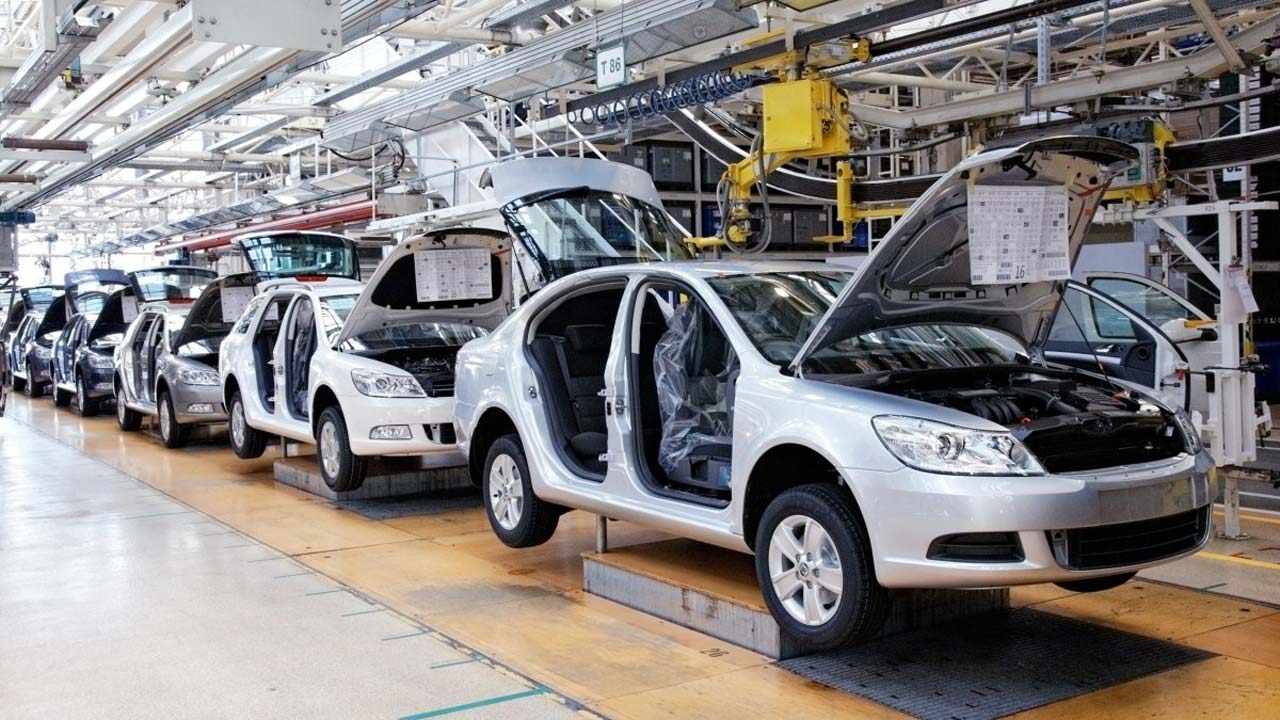Nigeria’s automotive industry is facing mounting uncertainty and stagnation due to prolonged delays in enacting a comprehensive auto policy framework, according to Mr. Kunle Jaiyesinmi, Head of the Auto Sectoral Group of the Lagos Chamber of Commerce and Industry (LCCI).
Jaiyesinmi, who is also the Deputy Managing Director of CFAO Motors, raised these concerns during the 2024 Nigeria Auto Industry Awards organized by the Nigeria Auto Journalists Association (NAJA) in Lagos.
He lamented that the absence of clear policy direction is hurting investments and hindering the sector’s contribution to the nation’s economic development.
“For now, we are in limbo. We don’t know what is happening to the auto policy—whether it’s with the Executive or the National Assembly. There is no clarity on the stage of the policy,” Jaiyesinmi stated.
He revealed that the National Automotive Design and Development Council (NADDC) is planning a stakeholders’ meeting, which may shed light on the policy’s status.
Jaiyesinmi described 2024 as a challenging year for the auto industry, citing severe macroeconomic challenges, including high exchange rates, inflation, and eroded purchasing power.
The depreciation of the naira, which saw a steep rise in exchange rates, has made new vehicles unaffordable for private buyers and strained corporate clients.
“Prices have risen to a level that most private consumers cannot afford. Major corporates are also suffering, having lost significant sums due to the exchange rate. This has drastically reduced new vehicle procurement,” he said.
The struggling economy has led to a shift in consumer behavior, with automobile maintenance services now outpacing new car sales. “If you look at the market figures, sales have dropped compared to when the exchange rate was around N450-N480. It’s not been a good year for the automobile business,” Jaiyesinmi added.
READ ALSO: Globe motors, Coscharis, Toyota, Weststar shine at 2024 NAJA Auto Awards
The LCCI sector head also criticized the high interest rates, currently above 33%, as a major barrier to vehicle financing for consumers. He highlighted the recently announced N20 billion auto finance scheme by Credit Corporation (CreditCorp) as insufficient and overdue.
“The N20 billion schemes is belated. When the Auto Policy began about 10 years ago, the understanding was that part of the 35% tariff charged on fully built vehicles would fund auto financing and support automobile assemblers’ facilities. In 10 years, nothing happened, despite the substantial levies collected by the government,” Jaiyesinmi lamented.
He described the N20 billion allocations as “paltry,” questioning its impact on reviving local assembly plants. “How many assemblers do we even have in Nigeria today? Those of us that started eight or nine years ago have largely shut down operations,” he said.
Despite the current challenges, Jaiyesinmi expressed cautious optimism that recent improvements in the naira’s value could provide some relief in 2025, provided the trend is sustained.
“We are hopeful that the appreciation of the naira will continue into the New Year, which could lead to a reduction in vehicle prices. The government must also provide an enabling environment for businesses to thrive,” he stated.
He further expressed confidence in Dr. Jumoke Oduwole, the new Minister of Industry, Trade, and Investment, to drive much-needed reforms. “She should avoid the era of deceit and face reality. I believe, as a realist, her tenure could bring positive changes for the auto industry,” Jaiyesinmi concluded.
The Nigerian automotive industry, once poised for growth under the Auto Policy, now stands at a crossroads. With policy uncertainty, inflationary pressures, and weak consumer purchasing power threatening its survival, stakeholders are calling on the government to deliver swift, transparent reforms. Industry leaders hope that 2025 will mark a turning point, driven by policy clarity and a more favorable economic environment.

 Health6 days ago
Health6 days ago
 Entertainment1 week ago
Entertainment1 week ago
 Crime6 days ago
Crime6 days ago
 Education1 week ago
Education1 week ago
 Health1 week ago
Health1 week ago
 Comments and Issues1 week ago
Comments and Issues1 week ago
 Football1 week ago
Football1 week ago
 Latest7 days ago
Latest7 days ago

